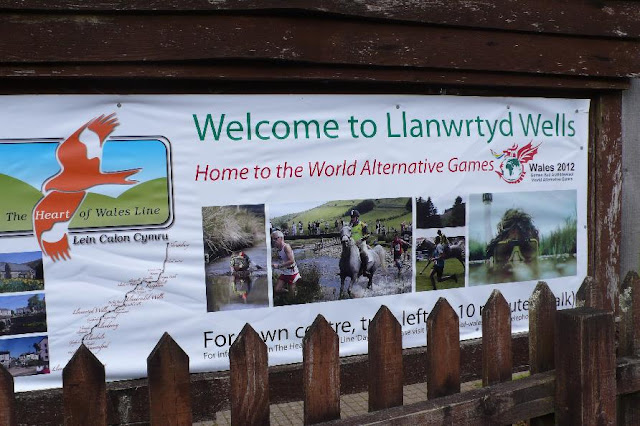Tomorrow night the London 2012
Paralympics close. I will miss them. More than the Olympics.
The Paralympics and Paralympians are more accessible than the elitism of the 'boring' Games as The Last Leg's Adam Hills called the Olympics. Everyone has limitations in some way and watching people with obvious, or not-so-obvious, limitations push themselves and excel beyond expectation is memorable and inspirational. It makes going to work with that sore shoulder or bad head more achievable.
I, with other Canadians, became aware of the Paralympics when the amazing
achievements of
Chantal Petitclerc were broadcast on the CBC, though not until she had already been competing for years. (I just found out she is coaching for the Brits these Games.) Media coverage has been the key to people finding out about Paralympians and their dedication. Media coverage and these Games will advance the perception of the 'disabled' in a profound way.
Besides the athletes and coaches, I have also been very impressed with the great care taken in establishing so many categories of competition, going to great lengths to equalize playing fields, in what is often, science aside, a subjective measurement.
And nods of respect to the Brits, who have presented these Paralympics with great style and equanimity and never taken the honours due them for being the first home of the Paralympics. I would say, that even now, at the end of these Games, very few people realize the Paralympic movement began in England at a hospital for war veterans. A fine drama,
The Best of Men, presented on TV between the Olympics and Paralympics, told the remarkable story of German refugee Dr. Ludwig Guttmann and his work with disabled war veterans at Stoke Mandeville hospital, but it was subtly downplayed for no apparent reason.
I will especially miss, and here you can hear an audible moan, the nightly hijinks of Adam Hills'
The Last Leg, an end-of-night politically incorrect (and correct) roundup of the days events, which takes so many of those questions we all have about previously taboo subjects and, with laughter, dissolves the taboos. No wonder the Paralympians (American wheelchair rugby team in particular) break their curfews to watch it. So funny, and I am sad to see it come to an end.
Shine on, Paralympics!
























